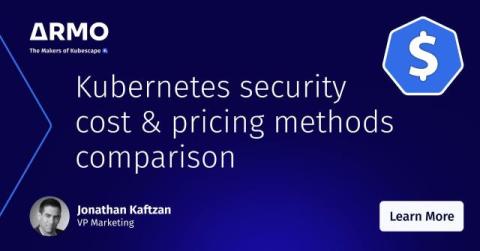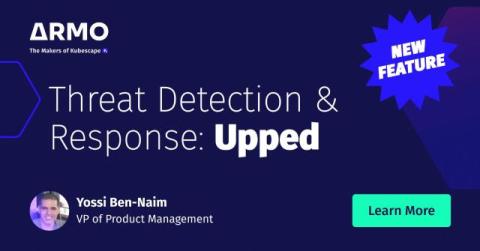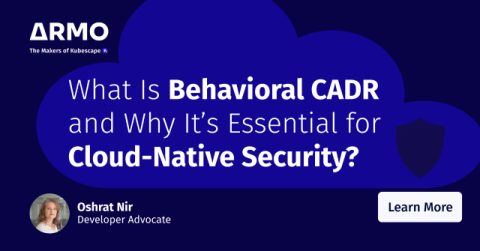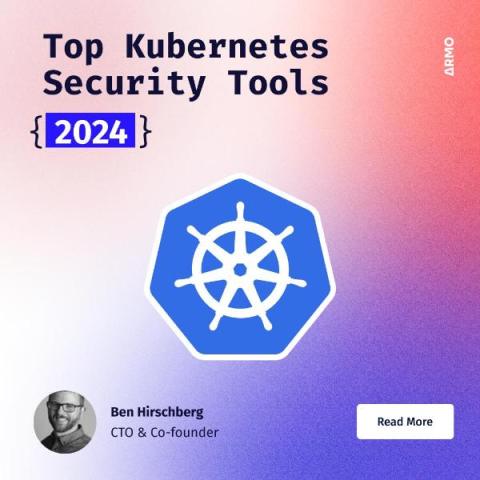EU Digital Operational Resilience Act (DORA): Are You Ready?
The Digital Operational Resilience Act (DORA) is a disruptive policy that came into effect in January 2025 with the objective to boost the cyber resilience of financial institutions in the European Union. As digital transformation increases, it is crucial to ensure the availability, integrity, and confidentiality of critical IT systems to sustain financial market trustworthiness and stability.






